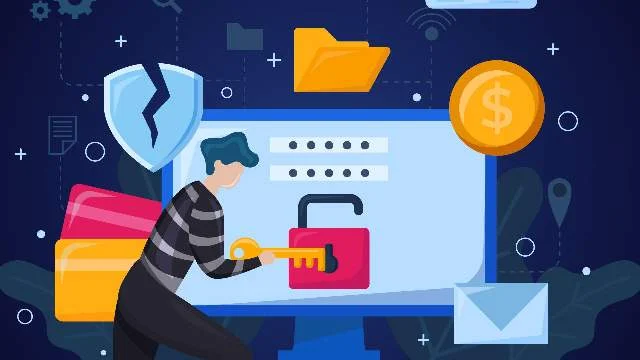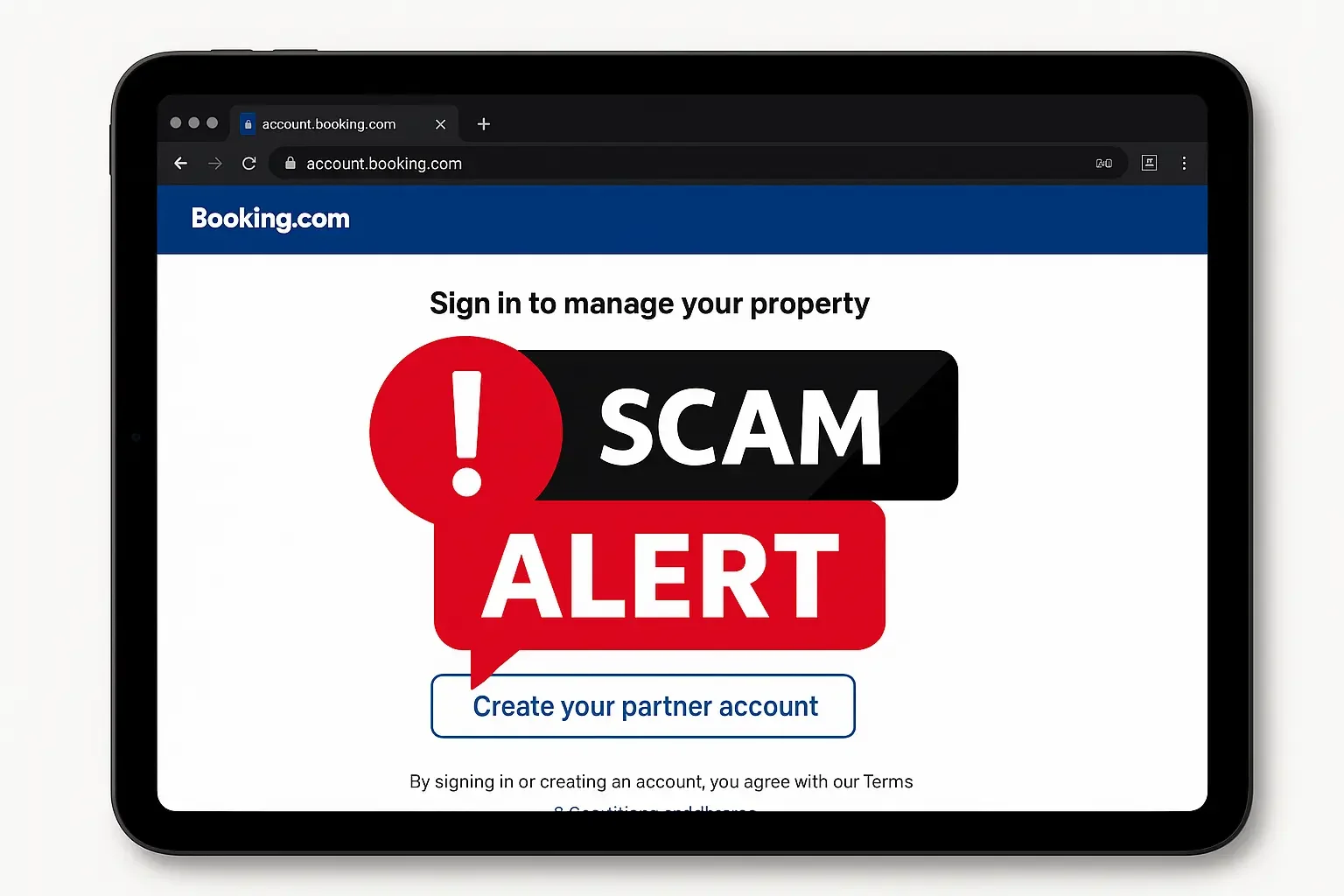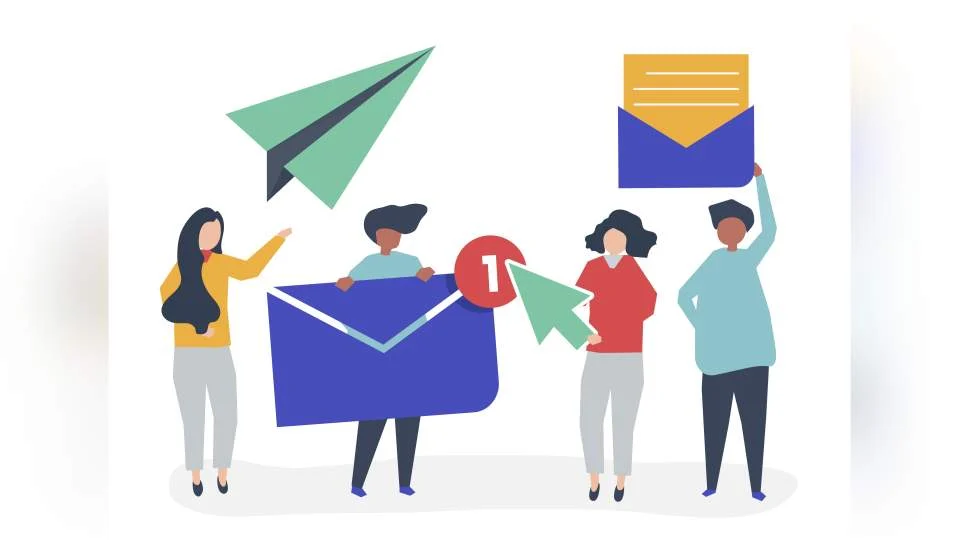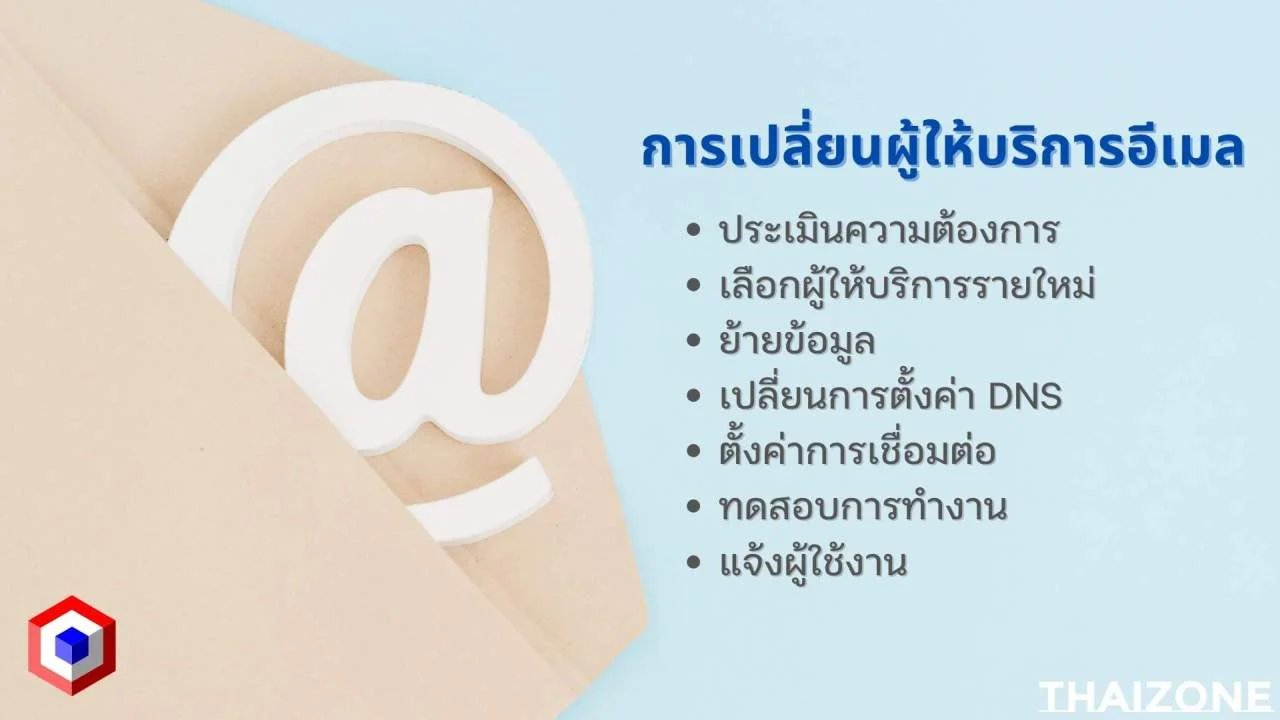
Changing email provider
February 11, 2024
Email measures for organizations
February 15, 2024
Extortion Email: Everything you should know about dealing with and preventing it.
Extortion Email is a problem that is currently on the rise in the digital world. It is characterized by malicious individuals using content that can evoke feelings of discouragement and embarrassment to target their victims. The most prevalent forms of this type of extortion involve threats of emotional distress or the destruction of personal communications. The recipient of such emails is subjected to threats of emotional suffering or financial coercion.
Recognizing the clear signs of an extortion email and implementing digital protection measures is important to help users deal with and protect their privacy effectively. Maintaining email security, not being a victim, and reporting to the relevant authorities are important ways to strengthen your protection against extortion emails.
Email extortion, or email blackmail, is one of the most common tactics used by malicious individuals to intimidate email owners or recipients into complying with their demands. This article delves into the characteristics of extortion emails, how attackers employ this technique to intimidate individuals, and provides tips on how to avoid falling victim to email extortion.
What is email extortion?
Extortion emails often have easily recognizable features, such as references to personal information, compulsory threats, and demands for money transfers. All of these messages are designed to make the recipient understand the seriousness of the extortion.
Email extortion is the use of offensive or embarrassing content in emails, which often involves the threat of mental pain or acts of violence against a person within the content of that email. It is found to be demanding money, violating privacy rights, or disclosing information that could harm others, resulting in a damaged image.
Generally it will look like this:
- Psychological threats: Messages that make you feel depressed, sad, or discouraged.
- Infringement: Emails that mention events that make you feel as though your privacy has been violated.
- Asking for Money: Announces a request for money or a financial attack.

Sextortion Email : Focusing on publishing about sex
Sextortion Email
Sextortion (sex-torsion) is a form of blackmail. It involves threatening to release sexual information, pictures, or videos about someone. It's extortion of money or forcing the victim to do something against their wishes. The images or videos are often made without the victim's knowledge or consent. Criminals often target dating app users, social media, webcams, or pornographic websites. They may use fake identities to befriend you online. He then threatened to send the images to the victim's family and friends.
Sextortion involves shocking the victim and fulfilling the attacker's threats to guarantee exposure or videos that contain nudity. This causes the victim to respond as the attacker desires, in order to prevent personal information or unwanted content from being disclosed or distributed to the public or people around the victim. Sextortion may use confidential personal information, making the victim feel in danger of their own personal life.
Most often, it is found that the email address is specified to the victim. Transfer money via the crypto currency system, especially Bitcoin (BTC), where BTC, Wallet will always be written along with the digital wallet specified for the victim.
Extortion emails often use cryptocurrencies as payment because:
- Difficult to Track: Cryptocurrencies are difficult to track. This allows the sender to maintain their confidentiality.
- Fast Transfers: Crypto transfers are quick and easy.
- Difficult to recover: Once crypto is transferred, it is difficult to recover.
Preventing Extortion Emails
Email security
- Update Password: Change your password regularly.
- Use two-step verification (2FA) for added security.
Email verification and filtering
- Check specifics: Check email addresses and detailed content.
- Use Email Filters: Set up filters to prevent Extortion Email.
Not being a victim
- Don't be a victim: Don't accept the terms or unsafe offers
- Report to the appropriate authority: Report email extortion to relevant agencies.
Email Sextortion Example
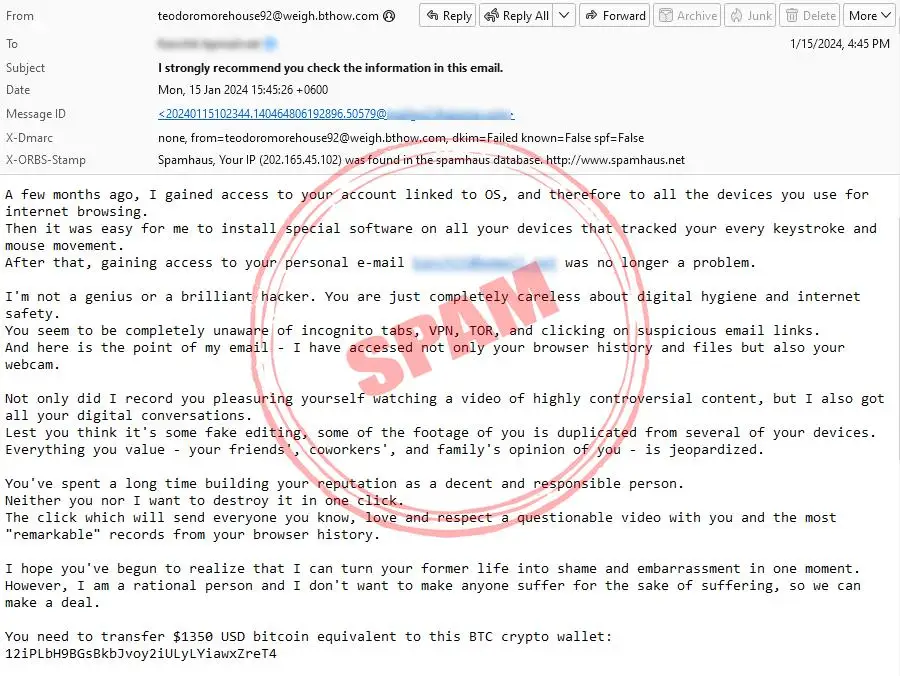
Example of extortion email (1)
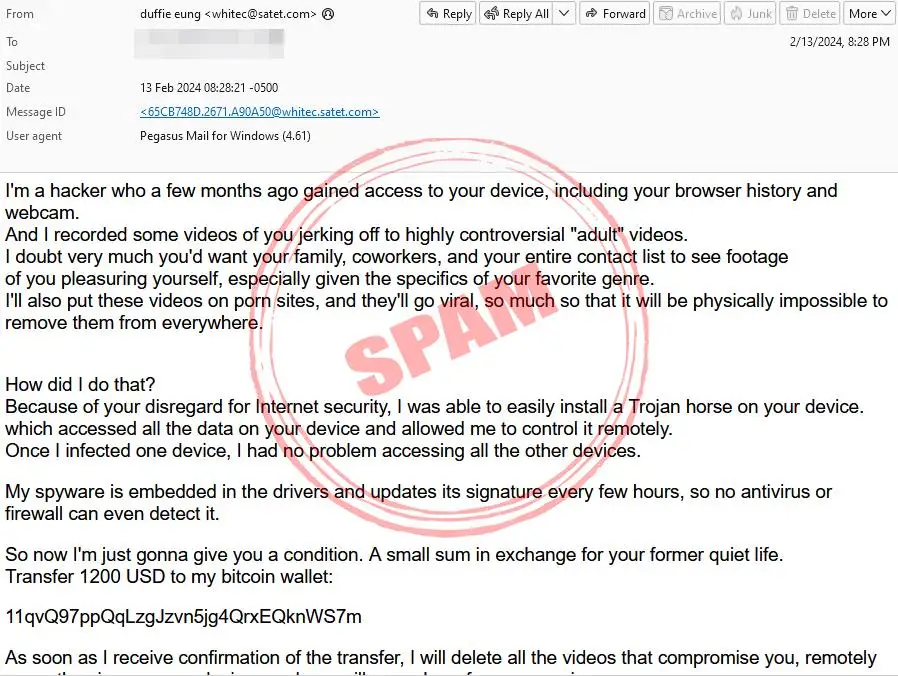
Example of extortion email (2)
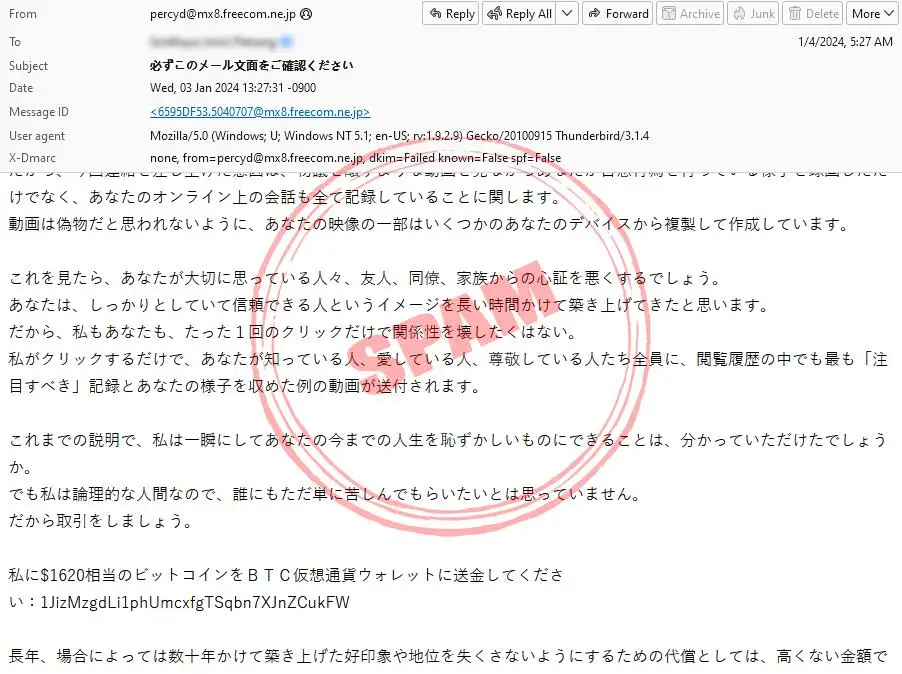
Example of extortion email (3)
Email extortion is a growing problem in today's advancing technological era. Attackers often employ tactics that leave recipients feeling discouraged and embarrassed. In this article, we will delve into the topic of email extortion, discussing how to identify it and ways to prevent it.
